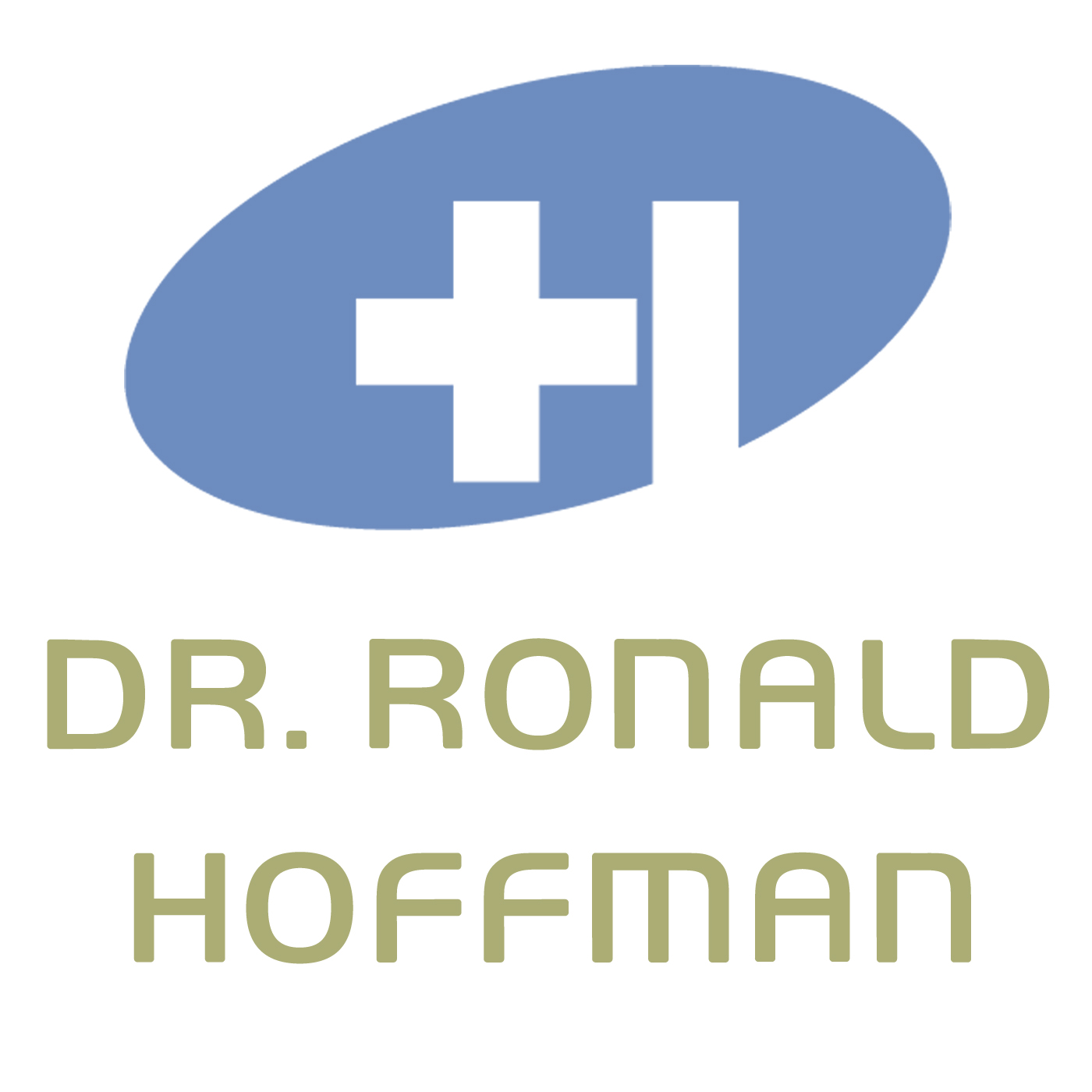| Podcast | |
|---|

|
The Role of the Digestive Tract in Determining Overall Health, Part 1
January 14, 2020
Liz Lipski, Ph.D., CNS joins us to discuss the latest edition of her authoritative book, "Digestive Wellness." First written in 1995 when I first interviewed her, she just updated it (5th edition!) in light of all the recent new developments in GI science. She discusses the pervasive role of the digestive tract in determining overall health; there are ramifications for the heart, the brain, and even bones and skin. Dr. Lipski weighs in on leaky gut syndrome, small intestine bacterial overgrowth (SIBO), fecal transfer, probiotics, gluten intolerance, food allergy, the role of stress, and the low-FODMAP diet. She discusses protocols for GERD, IBS, and colitis as well as key supplements to support GI health. There’s no one-size-fits-all diet for GI problems; protocols need to be individualized to suit patients’ unique characteristics and may require detective work. Empowering breakthroughs can be achieved through proper natural interventions. Click HERE for part 2.
 |
Share:
 |
|

|
The Role of the Digestive Tract in Determining Overall Health, Part 2
Dr. Hoffman continues his conversation with Liz Lipski, Ph.D., CNS discussing the latest edition of her authoritative book, "Digestive Wellness." Click HERE for part 1.
|
Share:
 |
|

|
ENCORE: Integrative Medicine Under the Microscope, Part 1
January 9, 2020
Why is it that so many patients are looking for alternative and complementary medicines and treatments? Should more studies be conducted on alternative or complementary treatments, or is it a waste of money and time? Does integrative medicine belong in academic medical centers—should it be taught at all? John Weeks, with over 32 years of experience in advocacy for natural medicine, confronts the critics of the new trend to fund research in medical schools and universities; what’s the future of integrative medicine in the U.S.? Are initiatives underway to make it more available and affordable? How has the current opiate epidemic created an opportunity for advances in non-drug treatment of pain syndromes? Could integrative medicine provide the key to solving America’s health care crisis? Click HERE for part 2.
|
Share:
 |
|

|
ENCORE: Integrative Medicine Under the Microscope, Part 2
Dr. Hoffman continues his conversation with natural medicine advocate John Weeks. Click HERE for part 1.
|
Share:
 |
|

|
Combating America’s Diet-Related Disease Epidemics, Part 1
January 7, 2020
Learn all about the newly-launched American Nutrition Association’s (www.theANA.org) efforts to revolutionize science-based nutrition to combat America’s diet-related disease epidemics. ANA’s co-founder Corinne Bush, MS, CNS is on a mission to change our health care paradigm by harnessing Personalized Nutrition. The ANA offers training and certification to licensed health professionals via the CNS (Certified Nutrition Specialist) credential. Underlying Personalized Nutrition is the notion that there’s no one-size-fits-all approach to food and supplement prescribing. New advances enable skilled practitioners to precisely target recommendations. The ANA offers conferences and learning modules that are intended to address critical knowledge gaps that limit health practitioners from leveraging the full curative potential of nutrition. Proper nutrition and supplementation have the potential to save our floundering healthcare system from the burdens of preventable disease. Click HERE for part 2.
 |
Share:
 |
|

|
Combating America’s Diet-Related Disease Epidemics, Part 2
Dr. Hoffman continues his conversation with the American Nutrition Association’s (www.theANA.org) co-founder Corinne Bush, MS, CNS about the organization's newly-launched efforts to revolutionize science-based nutrition. Click HERE for part 1.
|
Share:
 |
|

|
ENCORE: Natural Immune Support, Part 1
January 2, 2020
AHCC—Active Hexose Correlated Compound. It is one of the world’s most researched nutraceuticals. Dr. Kristine Blanche discusses the ways AHCC boosts immune function, in conditions ranging from viruses to cancer, and age-related immune decline. Studies show AHCC reduces the frequency and severity of herpes, HPV, and shingles; it enhances vaccine response in older patients; it reduces chemo and radiation side effects without diminishing the efficacy of conventional cancer treatments; and it offsets the deleterious effects of stress on immune competence. Is AHCC inadvisable for patients with autoimmunity? What’s the evidence for its anti-inflammatory effects? Can it be used with other medications? How does it differ from other mushroom-derived products and herbs like Astragalus and Echinacea? How much should you take? Click HERE for part 2.
|
Share:
 |
|

|
ENCORE: Natural Immune Support, Part 2
Dr. Hoffman continues his conversation with Dr. Kristine Blanche on Active Hexose Correlated Compound, one of the world’s most researched nutraceuticals. Click HERE for part 1.
|
Share:
 |
|

|
ENCORE: Are mushrooms a “brain food”? Part 1
December 31, 2019
Dr. Robert Beelman, Professor Emeritus of Food Science and Director of the Penn State Center for Plant and Mushroom Products for Health, shares his latest research. A new study demonstrates that mushrooms are high in glutathione and ergothioneine, potent antioxidant compounds with anti-aging potential. In addition to these antioxidants, mushrooms are rich sources of fiber, vitamin D, as well as beta glucans, an important immune-enhancing polysaccharide. Dr. Beelman details research that suggests that consumption of ergothioneine confers protection against neurodegenerative diseases like Alzheimer’s, Parkinson’s Disease and multiple sclerosis. Daily consumption of a handful of commercial button mushrooms can deliver these benefits. Do cooking methods impact the delivery of healthy mushroom compounds? Do mushrooms deserve the reputation that they are grown in manure? How best to store mushrooms? Are Shitake, porcini, oyster and lion’s mane mushrooms even more potent sources of ergothioneine? What’s “Brain Boost Bread”? Click HERE for part 2.
 |
Share:
 |
|

|
ENCORE: Are mushrooms a “brain food”? Part 2
Dr. Hoffman continues his conversation with Dr. Robert Beelman, Professor Emeritus of Food Science and Director of the Penn State Center for Plant and Mushroom Products for Health. Click HERE for part 1.
|
Share:
 |
|
|




























